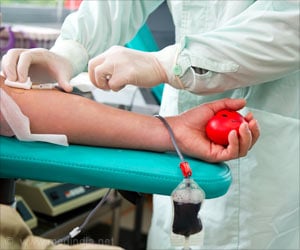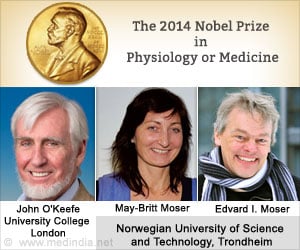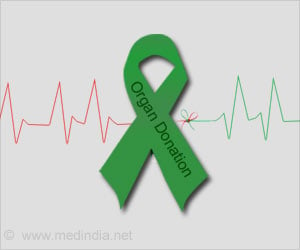The Nobel Prize for medicine this year is shared by Luc Montagnier, Francoise Barre Sinoussi and Harald Zur Hausen. An American scientist, Robert Gallo, is a glaring omission.
The Nobel Prize for medicine this year has been awarded to three Europeans, Luc Montagnier, Francoise Barre-Sinoussi and Harald Zur Hausen for their work on viruses. This was announced at the Karolinska Institute in Stockho, recently. The ‘gift hamper’ includes a gold medal, a diploma and a cash reward of 1.42 million dollars.
One half of the prize money will be shared by the French duo, virologists Montagnier and Barre-Sinoussi for their discovery of the AIDS-causing Human Immunodeficiency Virus (HIV). The former is a 76 year old professor emeritus and the director of the World Foundation for AIDS Research and Prevention in Paris while the 61 year old Barre-Sinoussi is a professor at the Institut Pasteur, Paris.The other half of the Nobel Money will go to the physician scientist from Germany, Dr. Harald Zur Hausen, 72, for defining the role of the Human Papilloma Virus (HPV) in causing cervical cancer.
Montagnier dedicates his Nobel to the AIDS victims and claims that ‘the fight is not over’. He predicts the emergence of a ‘therapeutic vaccine’ for the disease in a short span of four years. Barre-Sinoussi on the other hand wants a greater flow of money and ideas into research in order to create an AIDS vaccine which has , thus far, been elusive.
AIDS remains the worst pandemic that mankind has seen. It is estimated that currently 33 million people are living with the disease. The identification and understanding of the AIDS causing virus, HIV, by Montagnierand Barre-Sinoussi has paved the way for diagnostic blood tests and anti retroviral drugs to improve and prolong the lives of the affected people. Donor blood screening has also made safe blood transfusions possible.
‘Never before has science and medicine been so quick to discover, identify the origin and provide treatment for a new disease entity,’ the Karolinska Institute said.
Harald Zur Hausen, professor emeritus and former chairman of the German Cancer Research Center at Heidelberg in Germany, challenged the existing dogma by postulating that it was the HPV that caused cervical cancer in women. This scintillating discovery led to the development of a vaccine against cervical cancer.
Cervical cancer is the second most common cancer that affects women mostly from the poorer countries of the world. An estimate of 2,50,000 women succumb to this disease every year.
Montagnier and Gallo shared the prestigious Lasker award in 1986 Montagnier for discovering the HIV and Gallo for establishing that HIV caused AIDS. In 1897,US President Ronald Reagan and French Prime Minister Jacques Chirac agreed, on paper, to share the credit and royalties related to the discovery.
Despite the omissions it is heartening to see life saving research being rewarded, although the reward took a quarter of a century to come by! One can only hope that such exemplary work of science will inspire selfless toil in others, all for a Nobel cause.
Source-Medindia
DR. REEJA THARU/S








